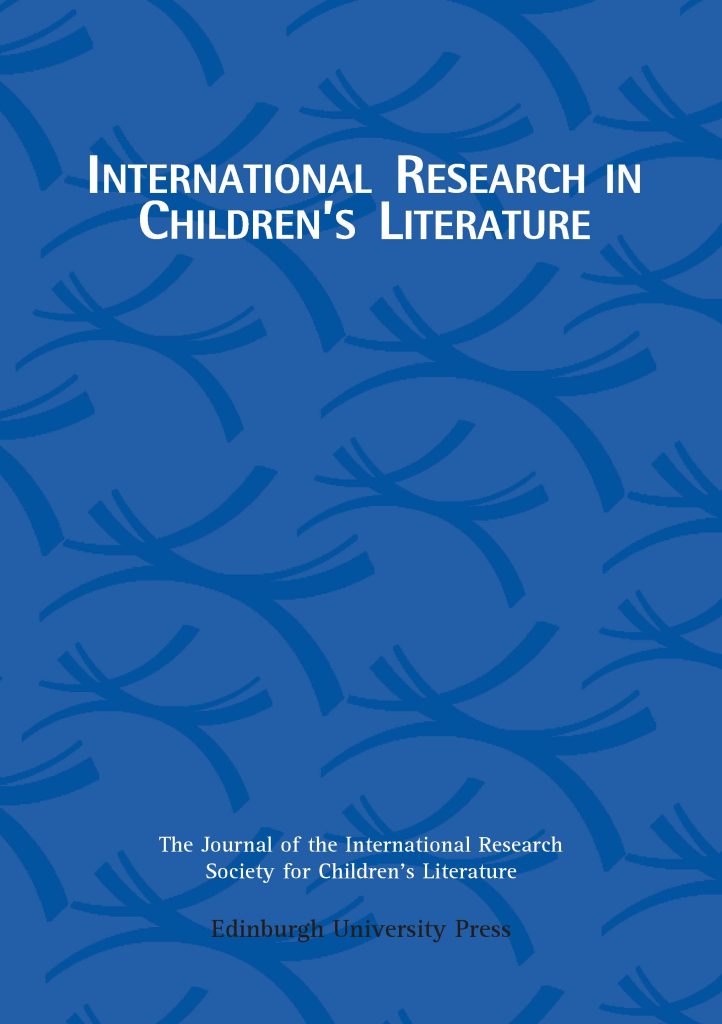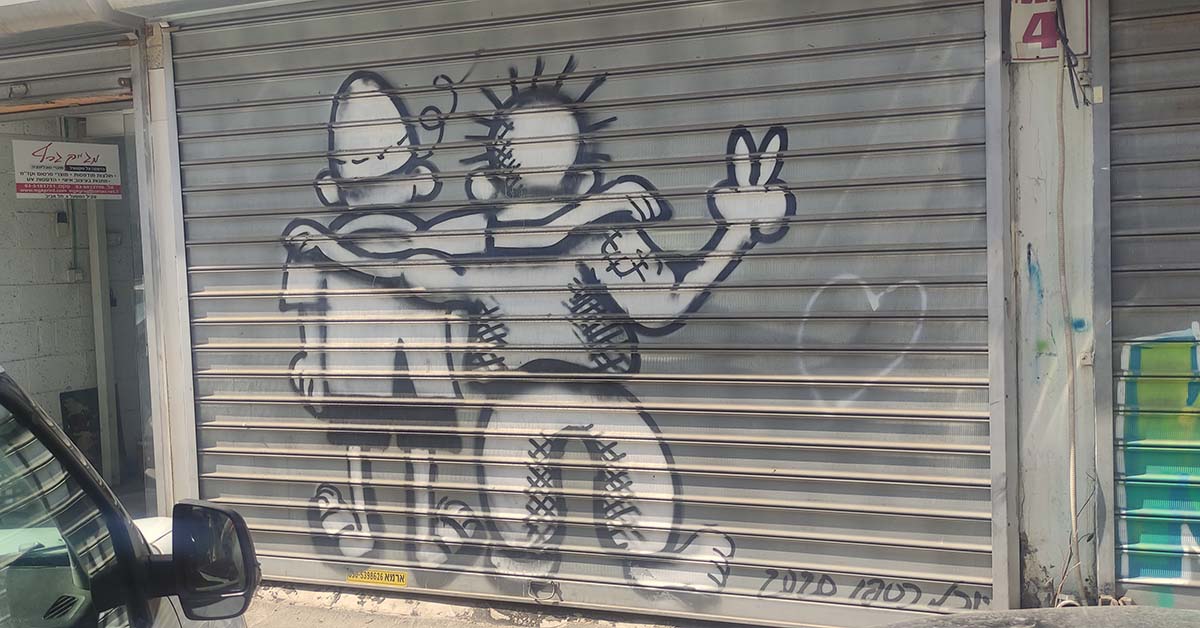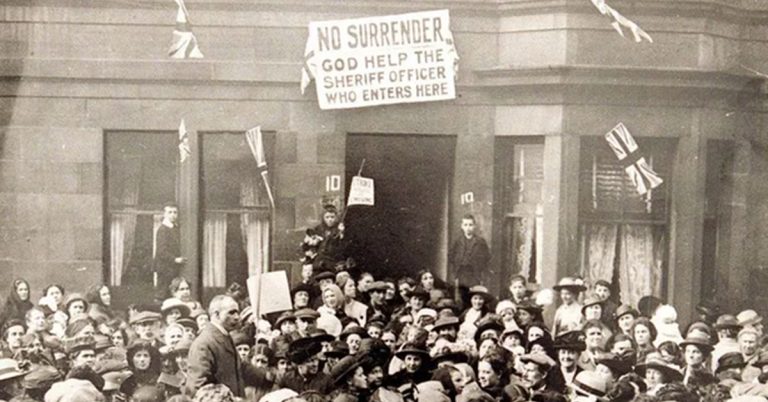
by Roxanne Harde
I opened the most recent issue of International Research in Children’s Literature (17.2) with an editorial that connected the work we do as children’s literature scholars and educators to real-world crises faced by children and their families. Since then, we have watched our students turning ideas into action, staging protests against the war in Gaza at universities around the world (including my own). Student protestors have demanded that their schools financially divest from any company with business ties to the Israeli government, terminate all vendor contracts with companies playing active roles in the military occupation in Palestine and ongoing genocide in Gaza, and/or sever academic ties with Israel and support a ceasefire in Gaza. The majority of the protests have been encampments organized by coalitions of student groups, and they have all disavowed violence. Reports indicate that they have, nonetheless, made Jewish students feel unsafe, and there has been some conflation of antisemitism with protests against Netanyahu’s attacks on Gaza. University administrations have responded in a variety of ways, from talking with protestors and taking actions to meet at least some of their demands to having them forcefully removed by local police. Students have been arrested and expelled, and now many of activists’ demands include amnesty for students and faculty who have been disciplined or fired for protesting.
In the face of the horrors committed by Hamas on October 8, and those perpetrated by Netanyahu’s military since, we watch our governments prevaricate, condemning the atrocities but taking little action to stop them. We follow the reportage, noting that the United Nations can’t seem to decide how many have died, even if they are certain that the majority of the murdered are children. We mourn the lives lost and the injuries suffered. We ache when faced with reports of starvation and disease. We understand that an entire generation on both sides of that border, and beyond, are being traumatised, that too many children have lost their lives and those still alive have lost their childhoods, a subject discussed by Arya Priyadarshini and Suman Sigroha in a study of children’s books about the displaced populations of Palestine and Syria. We worry about our friends and family members in Palestine and Israel. We anger when world leaders, especially those who have done what they could and what was needed for Ukraine, do nothing to force a ceasefire.
Even so, we also witness those protesting young adults entwine their lives with those who are suffering in Gaza. We stand in solidarity with them and hold our administrators accountable. Our students demonstrate active grief; each of their protests may not make much difference, but cumulatively, they are. Student occupations in the United States are now being likened to those against the Vietnam War, in terms of both numbers and impact. In Canada, the protests harken to those against South African apartheid, when they were also a driving force for social change. We must follow their example of active grief; and our own can include donations to those organizations working to alleviate Palestinian suffering: internationally, UNICEF, Doctors without Borders, Save the Children, the list goes on; nationally, in my case, Al Mustafa Canada and others. We can vote for leaders who understand that peace for Israel will never occur without dignity for Palestinians. We can cry, but we can also teach; we can mourn, but we can also continue our work as scholars and practitioners who work with children and their books. We can support Palestinian and Israeli writers by bringing their work into our classrooms and our research. We know that literature for children and young adults can comfort even as it entertains; it can bring about lasting positive social change even as it fosters imaginations. Issue 14.2, which focuses on young people’s political activism, and issue 13.2, which studies colonial child separation and responses to it that have enable reconciliation and hope, offer meaningful examples of how books for young people undertake this work. The scholarship in International Research in Children’s Literature demonstrates clearly how this literature can represent suffering and help readers understand trauma even as it helps readers find hope.
Roxanne Harde, University of Alberta
About the journal

International Research in Children’s Literature is essential reading for scholars in the field of children’s literature. The journal primarily focuses on applications of cultural and literary theories, comparative literatures, and the production and reception of children’s literature as a world literature. Widely international in scope, the journal addresses the diverse intellectual currents of this constantly expanding subject area.
Sign up to our mailing list to keep up to date with all of our free content and latest releases





